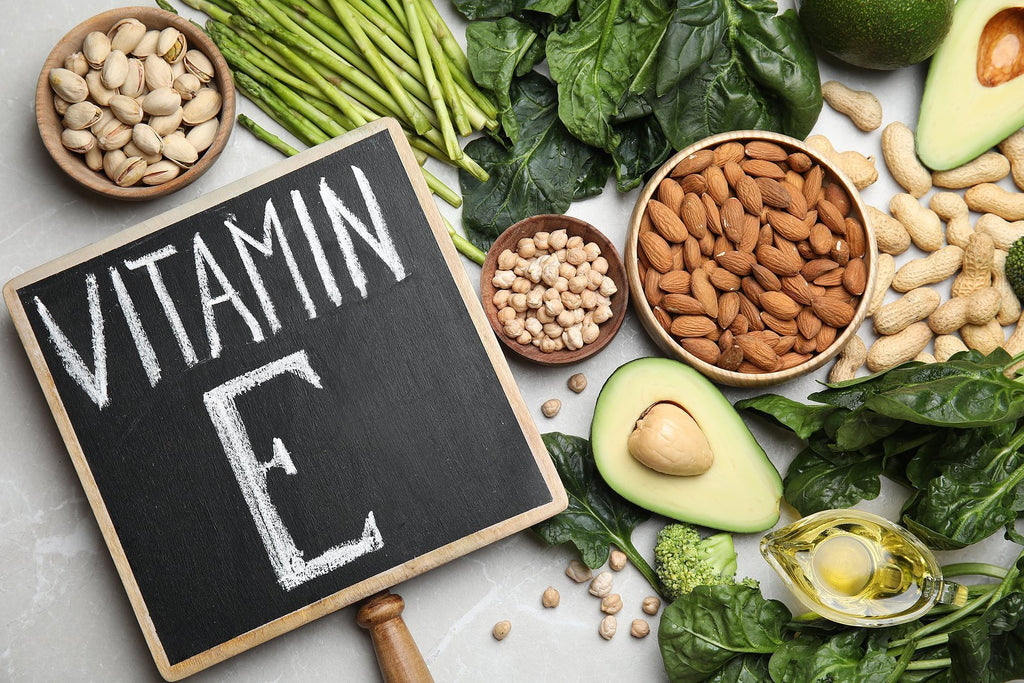Can Digestive Enzymes Provide Joint Pain Relief?
You may have noticed that your digestion can have a significant effect on how you feel, especially your energy, your mood, and your skin. But did you know that your ability to digest proteins also affects the way your joints feel and function? There are two sides to this. The first is in your digestive tract where your food is broken down. The second is in your blood.
Digestion
Digestion, Inflammation and Joint Pain Relief
When you improve the health of your digestive system, any disease that has inflammation at its root can potentially be improved. Of course, that’s just about every major chronic disease, from cancer to heart disease to autoimmune conditions. It also includes inflammatory joint conditions like rheumatoid arthritis. Even the pain from osteoarthritis in a previously injured joint can be aggravated by inflammation. So handling inflammation is extremely important.
One way to reduce inflammation is to optimize your digestion. You can do this by taking enzyme supplements with your meals. Enzymes are needed in just about every system and reaction in your body, but chances are you don’t get enough of them through your food, since they’re easily destroyed in the cooking process.
Enzymes that break down protein are called proteolytic enzymes. They’re critical for digestion because when you don’t break down food properly, undigested proteins can trigger an immune response. Your body considers the undigested protein to be a foreign substance, like bacteria or a virus. In response, your body initiates an immune response by producing antibodies to attack the invader. During this process, your body may also produce large amounts of histamine, a chemical that’s made in response to an allergy. Histamine is what causes a lot of the uncomfortable symptoms of an immune response.
Immune Complexes, Inflammation, and Joints
When undigested protein and antibodies come together, they form an immune complex. When a lot of immune complexes accumulate and circulate in your blood, they can trigger an inflammatory response in your joints. Immune complexes can also be deposited in other soft tissues at the lining of your blood vessels. Once they are in the tissues, they can cause inflammation and/or trigger an autoimmune response.
In simple terms… If you eat protein and don’t have enough of the enzymes to break it down, the undigested protein can end up in your blood and can cause an immune response in your body. That can make your joints become inflamed and can damage just about any other soft tissue.
Blood
The second aspect I mentioned earlier is enzymes in your blood. You need proteolytic enzymes in your blood because they break down proteins. But guess what is a major feature of things like bacteria and viruses? You guessed it – protein.
When you have proteolytic enzymes circulating in your blood, they break down bacteria and viruses and can help remove fibrin, which is a clotting material that prolongs inflammation. Fibrin also helps hide cancer cells from your immune system, so it’s not a bad idea to break that stuff down when it’s no longer needed. Furthermore, proteolytic enzymes help reduce edema, and also enhance macrophages and killer cells, which are key components to your immune system.
Proteolytic Enzymes Are Great For Easing Joints
Proteolytic enzymes have been used for decades to help various arthritic conditions, as well autoimmune conditions like lupus and multiple sclerosis. Studies have shown that enzyme therapy can cause significant improvement in joint health, which could provide joint pain relief. In fact, controlling inflammation with proteolytic enzymes in these studies was as successful as using some prescription anti-inflammatory drugs.
Your body naturally produces proteolytic enzymes, the three main ones being pepsin, trypsin, and chymotrypsin. Proteolytic enzymes are also found in certain foods. And, of course, you can get these enzymes in supplement form.
The Best Food Sources of Proteolytic Enzymes
- raw papaya (contains the enzyme papain)
- pineapple (contains the enzyme bromelain)
- kimchi, sauerkraut, or any fermented foods – the microorganisms that that help make up the fermented food create enzymes during fermentation
- kiwi
- ginger
- asparagus
Why an Enzyme Supplement is Important
When to Take Digestive Enzymes
- For digestion: If you want those enzymes to help your digestion, take them with a meal.
- For blood: If you want those enzymes to make their way into your blood, take your supplement on an empty stomach. Then they won’t get used up in the digestion process. When your stomach is empty, many of them will pass right through into your blood.
- For joint pain relief, autoimmune problems, and inflammation: If you’re experiencing joint pain or autoimmune problems, or you’re worried about heart disease or any problem related to inflammation, take a high quality enzyme supplement both with your meals and between them. Add more enzyme rich foods to your diet as well, because there’s no substitute for nutrition and getting what you need from healthy food.
"These supplements have changed my life!!!! I take 3 to 4 before I eat anything and it helps me digest my food. I am somebody who is had IBS my entire life who has suffered from digestive issues my entire life and this helps make my life so much easier"
Annie M. | ⭐️⭐️⭐️⭐️⭐️
Digestive Enzymes
Sharing is Caring
Know Your Body - Know Your Health






